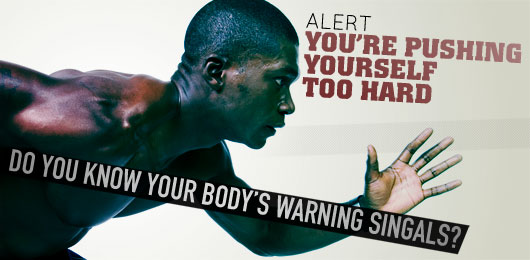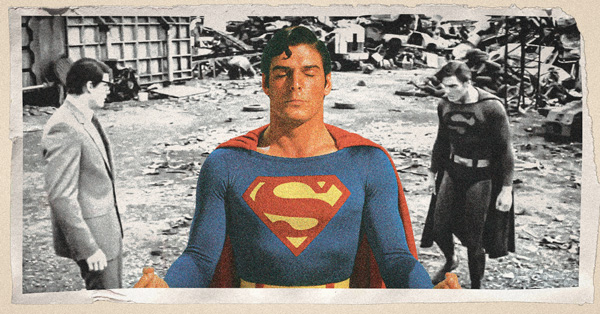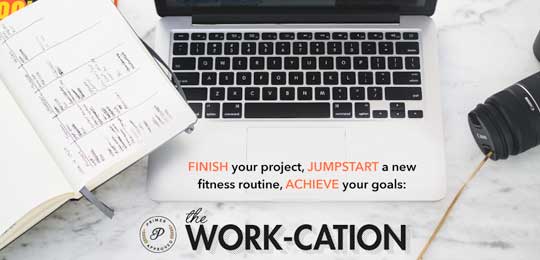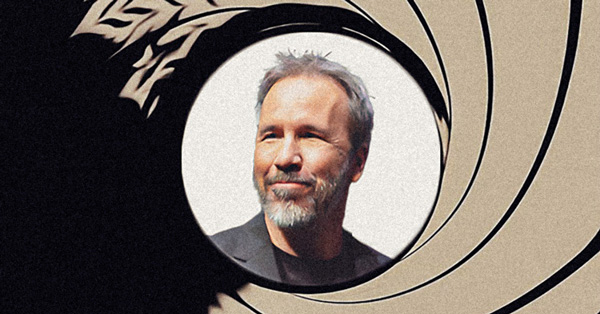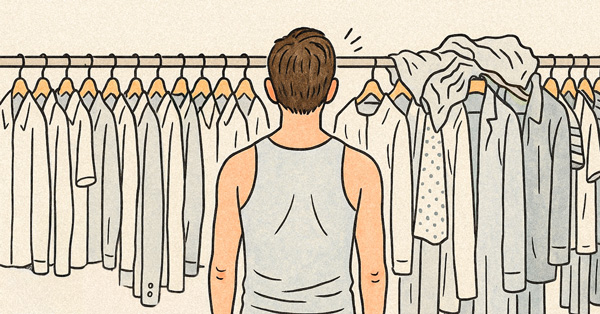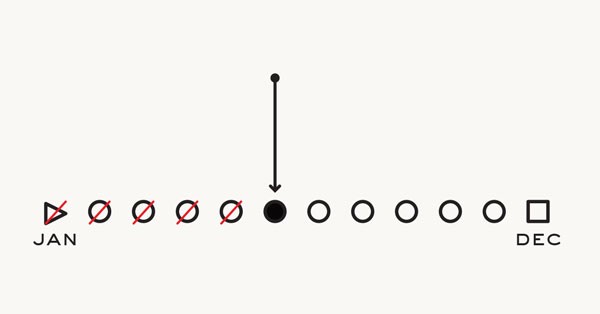Pushing yourself during your workout is the only way to get the results you want, but do you know your body's warning signs that you're over-doing it?
By Ethan Boldt for Men's Life Today
You’ve seen commercials that feature athletes grunting through pain as if it’s a virtue. You’ve watched sports icons lead their teams to unbelievable comebacks on their seemingly inexhaustible shoulders. You’ve seen veins popping on the grimacing faces of those on “World’s Strongest Men” and Tour de France riders alike.
It’s not just macho to push yourself to the limit — it’s considered cool. But how do you know if you’re about to take your body beyond that limit and into dangerous territory? Especially in hot weather, there are risks you should you know about. As long as you can read your body’s signs, you can prepare for pushing it without going over the top. Here, your body’s warning signs and what to do about ‘em:
Warning 1: You Stop Sweating
When doing cardio, your biggest risk is overheating. “If you stop sweating, you’re in danger of heatstroke — which can kill you,” warns Clint Phillips, a certified strength and conditioning specialist.
What to do: In such a case, “Stop working out immediately, hydrate and cool off. Go somewhere air-conditioned, splash water on you, get in front of a fan, use an ice pack on your head.” Avoid overheating when you’re training outside in hot or humid weather by going out in the morning or evening for more effective, less risky workouts.
Warning 2: Your Urine Isn’t Clear
Tom Seabourne, Ph.D., an exercise physiologist and holder of four ultradistance cycling world records, recommends that you check your hydration levels via your urine color — ideally, it’s clear. The darker (yellow) it gets, the closer you are to dehydration.
What to do: Go-to drinks should contain electrolytes with essential elements like sodium, potassium and magnesium. While sports drinks can be a boon for hot outdoor workouts, Phillips urges that you avoid energy drinks, which may push your heart rate too high. Oh, and water’s good!
Warning 3: Your Resting Heart Rate Is High
Keep abreast of your resting heart rate, which you can check after a good night’s sleep. “If you wake up and your resting heart rate is consistently 10 beats above your regular resting heart rate, that’s a red flag,” says Seabourne. It indicates that the body is in an overtrained mode and is not sufficiently recovered, even after a night’s rest. This can be due to a very strenuous cardio workout or even a grueling strength training session. According to Greg Haff, Ph.D., an exercise physiologist at West Virginia University, higher repetition schemes — such as 20 ser set — can take four times as long to recover from than lower rep sets, such as five. If summer heat is involved, fatigue can be even greater, making recovery time longer.
What to do: During cardio workouts, make sure you use a heart rate monitor. Phillips advises that you never go over 90 percent of your maximum heart rate. (This can be calculated by subtracting your age from the number 220. To calculate 90 percent of that, multiply by 0.9.) And on days when you wake up with a resting heart rate that is higher than normal, your body is telling you that it needs more recovery. Listen and take the day off.
Warning 4: You’re Still Sore
For strength training, soreness that lasts more than a day or two usually means overtraining. Other symptoms include a lingering sense of lethargy, achiness, almost flu-like symptoms, a lack of motivation to train and even irritability. “If you can't lift as much weight or do as many reps [as you did the week before], you are probably overtraining,” says Phillips. And pain is only normal when it is throughout the whole working muscle, he adds, but pain in a joint or isolated in one small spot in a muscle means something’s wrong.
What to do: Get your z’s. Says Seabourne: Seven to eight hours of sleep is needed for an adequate release of growth hormone to build and repair muscle. When working out, err on the side of intensity over volume. Phillips says a couple of heavy sets for each muscle group is plenty. As “for cardio, I'd rather have someone do 20 to 30 minutes of high-intensity intervals than an hour of lower intensity work.” Also, consider working out with a partner, who can keep an eye on you (and vice versa).
Ethan Boldt writes for such magazines as Men's Health, Self, Fitness and Maximum Fitness. A former certified personal trainer, Boldt co-authored 5-Factor Fitness with celebrity trainer Harley Pasternak.



